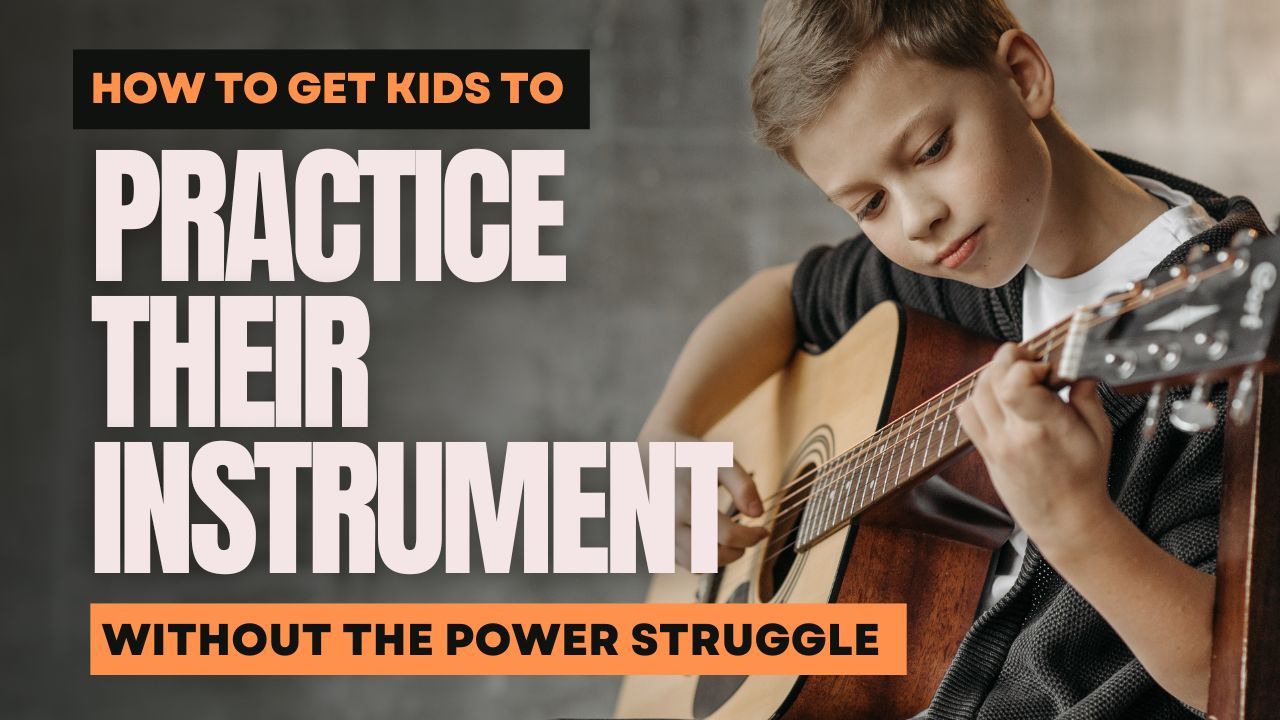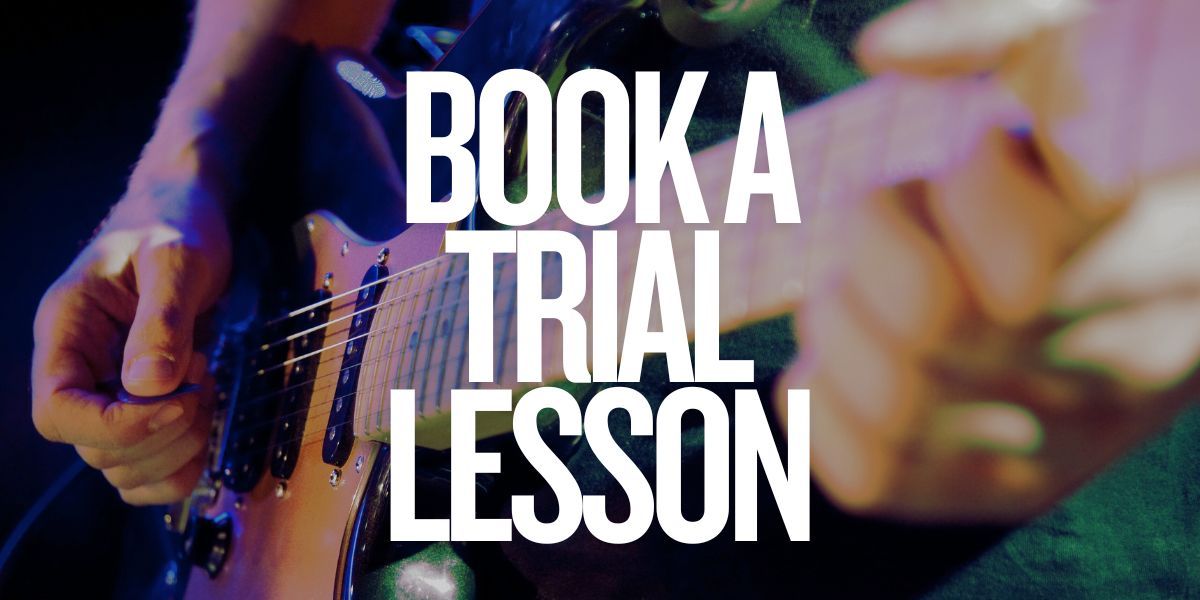How To Get Kids To Practice Their Instrument (Without The Power Struggle)

If you're a parent with a budding musician at home, you've likely asked yourself: "Why is it so hard to get them to practice?" You're not alone! While learning music can be a deeply rewarding experience, getting kids into a regular practice habit often requires a little structure, a touch of creativity, and a lot of patience.
Here’s a research-backed, parent-approved guide to turning practice into part of everyday life—without tears, tantrums, or nagging.
1. 🎯 Set a Scheduled Practice Time (That’s Non-Negotiable)
Just like brushing teeth or taking a shower, music practice should be part of the daily routine. The key? Consistency.
Choose a time when your child is most alert and not overloaded—after school and before screen time works well for many families. Treat this time as a fixed appointment in your child’s day.
🧠 Research tip: According to habit expert James Clear, habits are easier to build when tied to a specific cue in the day. A consistent time and location makes it easier for kids to know “this is when I play music” (Atomic Habits).
2. ⏰ Set an Alarm as a Cue
Use their device to set a daily alarm labeled “Practice Time!” When it rings, the expectation is clear: instrument out, 10–15 minutes of focused playing (or 30 minutes for more advanced students like those in IMSS programs).
Why this works: A timer builds the habit loop and avoids power struggles—it’s the alarm saying it’s time, not you!
3. 🎸 Make the Instrument Easy to Access
This one’s big: don’t hide the instrument in a case or under a bed. Keep it on a stand, visible and ready to go. The fewer barriers between your child and their instrument, the more likely they are to play.
🧠 Research tip: Behavioral economists note that even minor “friction” (like having to open a case) reduces follow-through. The easier something is, the more likely it is to happen (BJ Fogg’s Behavior Model).
4. 🎵 Create a Dedicated Practice Zone
A proper chair, music stand, and a quiet space make all the difference. Avoid beds and couches—they make good napping spots but poor practice stations. Make sure your child can access a phone, tablet, or computer to listen to the song they’re working on via Spotify, iTunes, or YouTube.
🧠 Research tip: A 2020 Edutopia article highlights that physical learning environments influence engagement and performance (source).
5. ✅ Use a Tuner and Keep Music Organised
A clip-on tuner or app like GuitarTuna or Cleartune helps your child develop their ear and improves their sound—essential for motivation. Store all music sheets in a plastic display folder and bring it to each lesson.
Encourage your child to write notes on their sheet music—what to practice, what to fix, what their teacher said. These cues reinforce memory and create better independent learners.
6. 🧑🏫 Ask the Teacher for a Practice Walkthrough
Parents are welcome (and encouraged!) to drop in at the end of their child’s lesson to ask:
-
What should they work on this week?
-
How should they practice it?
Getting clarity from the teacher helps you support them better at home and builds accountability.
7. 📋 Use a Practice Checklist
Use our Free Printable Practice Checklist to guide home sessions. Students don’t need to work on everything—just 3 to 5 focused skills per session is plenty. Download the checklist from our website and stick it on the wall near their music stand.
8. ⭐ Set Up a Simple Reward System
Stickers, small prizes, or extra screen time on the weekend go a long way! Rewards shouldn’t be huge—just meaningful. You're building a positive emotional link with practice, especially during the early stages.
9. 🎤 Set a Goal Like Performing
Nothing motivates a young musician more than having something to work towards! Encourage your child to participate in our student concerts. Preparing for a performance gives purpose to practice and helps build confidence and pride in their achievement.
🧠 Research tip: According to a study published in Frontiers in Psychology, students who perform publicly show higher motivation and long-term retention of musical skills.
💡 Final Thoughts
If your child isn’t practicing much right now—don’t panic or punish. Remember: we’re building habits, not demanding perfection. Be encouraging, show interest, and ask them to play you just 30 seconds of something they’ve learned. Progress builds confidence—and confidence builds more progress!
Want to go deeper? Contact us or speak with your music teacher for more help.


